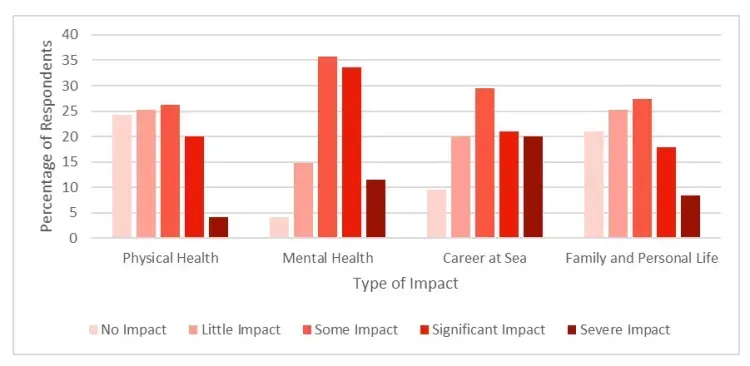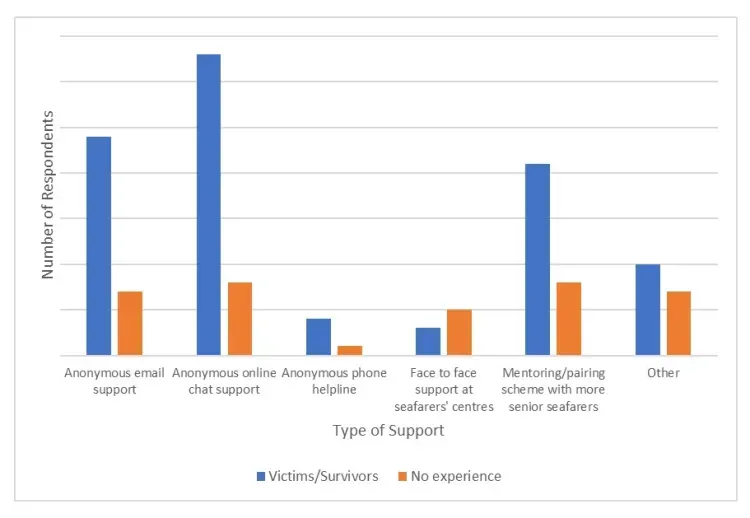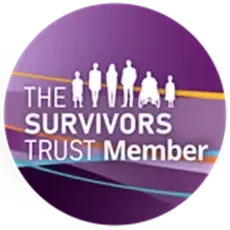Survey Results Summary
Have you experienced sexual abuse or gender discrimination?
This page refers to our initial survey conducted in 2020.
The purpose of our 2020 survey was to inform decisions for the future directions of Safer Waves. It aimed to determine the perceived impact of sexual harassment and violence on victims’ lives. It also aimed to determine the perceived level of current support for victims, and what support would be most effective moving forward.
The complete report has been made available to trustees, but some key points can be found below.
The survey was predominately disseminated via social media (Twitter, Facebook and LinkedIn), with particular help from Maritime Insight, Splash24/7 (via an online article also distributed on social media), and Women Offshore.
We have exercised caution in interpreting the survey statistics as the sample were self-selecting, therefore may have had a particular interest in the topic due to experiencing abuse.
Participants: 72.5% of participants identified as female, 27.5% male. The vast majority of participants identified as living in Europe and North America, with participants from Asia accounting for 8%, and participants living in Africa, Australasia and South America accounting for less than 2.5% each.
Participants were asked if they had experienced any of the following forms of abuse/discrimination. The majority of respondents had experienced one or more, with only 26% of respondents stating that they had not been subjected to any of these forms of abuse.
| Abuse Discrimination Type | Respondents with Experience (%) |
|---|---|
| Discrimination based on gender | 65.6% |
| Sexual harassment | 58.8% |
| Sexual assault | 24.4% |
| Rape | 8.4% |
| Prefer not to say | 1.5% |
Participants were asked about the impact of harassment and abuse on their lives, the results of which are shown below. As can be seen from the graph, most respondents felt that abuse had impacted their mental health and career at sea. Physical health and family life were less affected, but the majority still felt some impact in those areas.

Moving forward, Safer Waves will aim to provide support in all areas, but with a particular focus on improving mental health and supporting seafarers in their work.
Participants were also asked to rank the following in order of importance: practical support, emotional support and legal support. The perception was that emotional support was most needed, followed by practical, and then legal.
Participants were asked which methods of delivering support would be most helpful to seafarers, the results are shown below:

Anonymous online chat and email support were the most popular options, followed by mentoring.
It is felt that other organisations already have effective mentoring programmes in place, therefore Safer Waves will focus its efforts initially on delivering emotional support using anonymous online methods.
Any questions or comments – contact us on info@saferwaves.org




